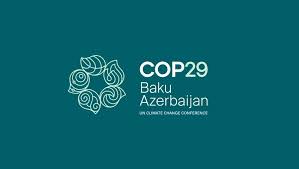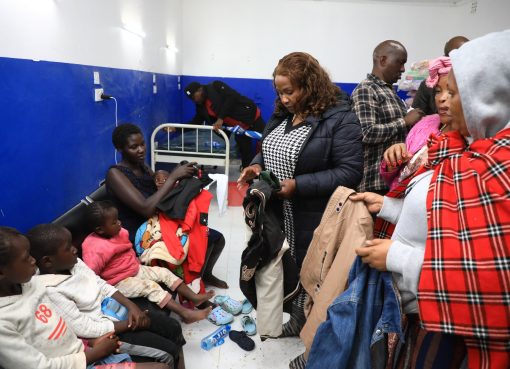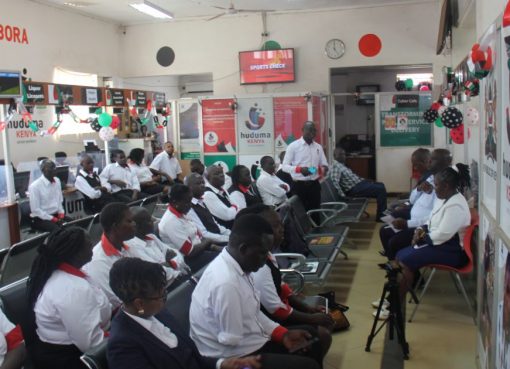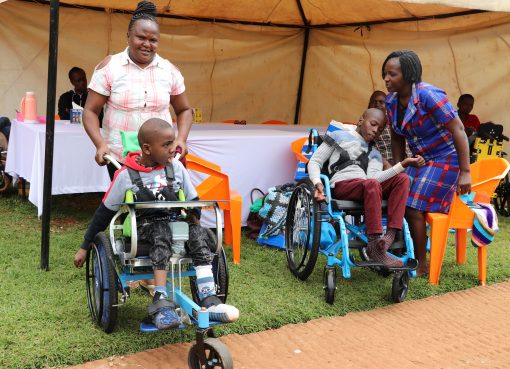The United Nations Environment Programme (UNEP) has just released its Adaptation Gap Report 2024, to push for funding during the ongoing at the Conference of Parties (COP) climate talks.
The talking points at the COP 29 Global talks on Climate change being held in Baku, Azerbaijan until November 22 are expected to shape discussions on how developed nations some of whom are the major pollutants will fund third world countries who bore the brunt of the global phenomena to mitigate the ravages of adverse weather pattern.
According to UNEP, in a statement Africa Climate Insights, developing nations need USD 215 billion to USD 387 billion annually in adaptation finance and yet, only USD 28 billion a year reaches them, leaving an adaptation gap of USD 187 billion to USD 359 billion per annum, curtailing their development plans in a rapidly changing climate.
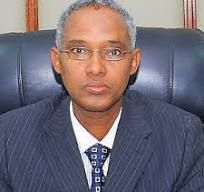
Adaptation finance is the process of building resilience to climate change’s physical impacts and involves protecting people, building infrastructure, developing policy and also managing risks.
The goal of adaptation finance is to help countries adapt to climate change’s adverse impacts, and to foster climate resilience and low emissions development.
“The enormous gap between adaptation finance needs and flows means that the world is failing to adapt to current impacts. Nations must, therefore, adopt an ambitious new collective quantified goal for climate finance at COP29 and pursue innovative approaches to mobilizing additional financial resources, including creating the right enabling environment for public and private sector investment,” said Inger Andersen, the Executive Director of UNEP.
In addition, Ms Anderson noted that capacity-building and technology transfer are crucial to enhancing adaptation in developing countries noting that just as important is making adaptation financing more anticipatory, strategic and transformational, rather than the current reactive and incremental approach.
The elected Chairperson of Africa Group of Negotiators (AGN), Ali Mohammed has asked that Africa’s special needs be recognized and prioritized saying they remain top AGN priorities in the COP meeting.
Ali Mohammed is Kenya’s special envoy on Climate Change at the Office of the President and was elected as the New chair of AGN early this year taking over from Ephraim Mwepya Shitima of Zambia who had served in the position for two years.
Ali said Adaptation and finance aligns with the African Ministerial Conference on the Environment (AMCEN) decision presented earlier, calling for an ambitious and outcome-based New Collective Quantified Goal (NCQG) on climate finance.
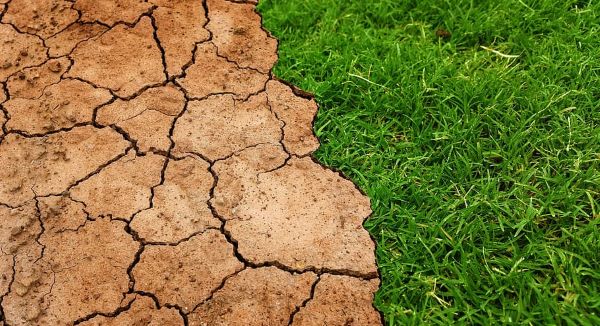
The NCQG is a key element of the 2015 Paris Agreement, aimed at setting a new financial target to support developing countries in their climate actions post-2025.
“The NCQG must respond to the evolving needs of developing countries, particularly in addressing the high cost of capital and debt sustainability issues we face.” Ali said.
Speaking at the Climate and Development Ministerial during the Pre-COP meeting in Baku, COP29 President Mukhtar Babayev underscored the importance of building resilience.
“We need to work with urgency and determination to build resilience in those communities on the front lines of climate change,” Babayev said, adding that inaction on adaptation will have severe human and economic consequences.
For the second year in a row, an oil-rich country is hosting a COP, following last year’s climate talks that were hosted by the United Arab Emirates (UAE).
Branded the Finance COP, a defining feature of COP29 is a new “finance goal” — the New Collective Quantified Goal (NCQG) which is long-term climate finance that is to be hammered out between the developed and less developed countries.
By Wangari Ndirangu


